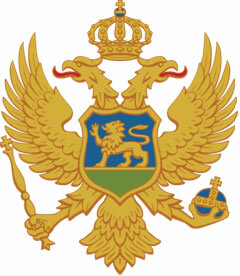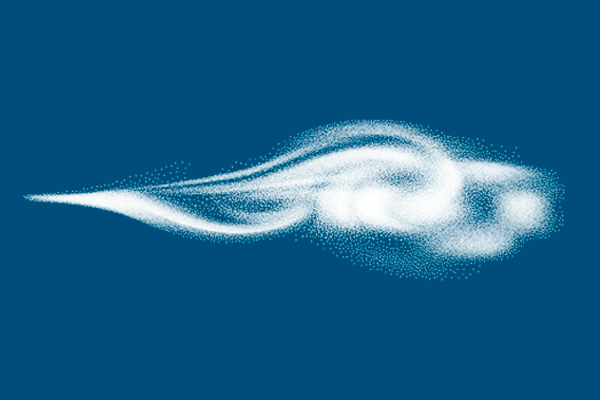Montenegro is a nation that, together with Bosnia and Herzegovina, Croatia, Slovenia, Macedonia and Serbia, integrated Yugoslavia. With the fragmentation of the Yugoslav territory and the consequent independence of its nations, Montenegro joined Serbia and formed a single country, called Serbia and Montenegro. However, Montenegrin independence was achieved in May 2006 by holding a referendum, the result of which (55% of the votes) established separation from Serbia. With that, Montenegro became the youngest country in the world.
Located in Europe, in the Balkan region, Montenegro borders Bosnia and Herzegovina (west and northwest), Croatia (to the southwest), Serbia (to the north and northeast) and Albania (to the east and southeast), besides being bathed by the Adriatic Sea (to the south).
The population has great similarities with the Serbs, however, the political autonomy of Montenegro in relation to Serbia has always been desired by the majority of the population. This process can bring the country closer to the European Union.
Despite not being a member of the European Union, Montenegro's official currency is the euro. The economy is based on aluminum exploration, charcoal production, fishing, tourism and industry, especially textiles.
According to data released in 2010 by the United Nations (UN), Montenegro has a high Human Development Index: 0.769. Illiteracy affects only 3.5% of the population; the infant mortality rate is 8 deaths per thousand live births.

Coat of Arms of Montenegro
Montenegro data:
Territorial extension: 14,026 km².
Location: Europe.
Capital: Podgorica.
Climate: Mediterranean.
Government: Parliamentary Republic.
Administrative division: 21 municipalities.
Language: Montenegrin.
Religions: Christianity 66.4% (Orthodox 57.8%, others 8.6%), Islam 17.9%, no religion 12.5%, atheism 3.2%.
Population: 600,000 inhabitants.
Demographic density: 42.7 inhab/km².
Average annual population growth rate: 0.02%.
Population residing in urban areas: 60%.
Population residing in rural areas: 40%.
Life expectancy at birth: 76.8 years.
Human Development Index (HDI): 0.769.
Euro currency.
Gross Domestic Product (GDP): 4.5 billion dollars.
GDP per capita: $5,230.
External relations: World Bank, IMF, UN.
By Wagner de Cerqueira and Francisco
Graduated in Geography
Brazil School Team
countries - geography - Brazil School


